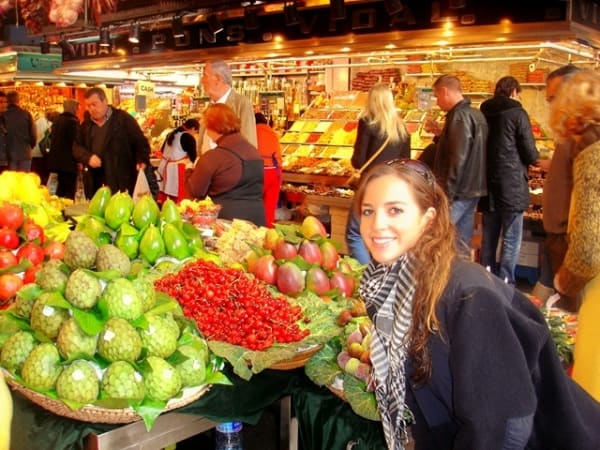Few years back, people who were ready to pay more for environmental friendly products used to buy organic food from selected health food stores. With people becoming conscious of eating healthy and pure food, and with its availability now at most of the supermarkets as well as local grocery shops, the sale of organic foods has increased to a great extent. Though people have become aware of the benefits of organic food, it being costly the questions arises that which food should be bought organic and which one should we bought from the local markets. Here is a description of such foods to help you take decision in this regard.
Understand organic terminology
Before buying organic foods, look for the following terms on the label, which has been put by USDA:
- 100 percent organic – Product is totally organic and has no synthetic ingredients. This is the organic seal.
- Organic means – Product contains 95 percent organic ingredients. This can also have the organic seal.
- Made with organic ingredients – Food has 70 percent of organic ingredients.
Foods that can be bought organic
- Peach: It is very vulnerable to pesticide excess, so it is a wise decision to buy organically grown peaches.
- Apples: Most of the pesticides are deposited on the peel of apples. Apple is a fruit whose peel makes it much more beneficial. In order to save yourself from the pesticides deposited on the peel of apple, you should go for the organic variety of apples. If your pocket does not allow you to buy organic apples, scrub the apple’s peal while washing it under the tap.
- Celery: It is a less calorie and crunchy vegetable. It has vitamins C, K and A, manganese and potassium. You should opt for organic celery else should wash the stalks of celery under hot water.
- Nectarines: It should be bought organic and to reduce the pesticides accumulated, scrub the peel.
- Strawberries and cherries: If you have the option of buying local strawberries and cherries, buy them locally else go for the organic option. These two are full of vitamin C.
- Pears: Pears are good source of fiber and vitamin C. However, they contain higher pesticide residues. Almost 30 pesticides were found by USDA on pears. Therefore, you should go for the organic pear and then you should scrub its peel.
- Grapes: Grapes have vitamin K and C and is a delicious low-calorie fruit. Buy organic grapes, if you cannot afford organic then do avoid the imported grapes.
- Spinach and lettuce: Spinach has been found with 57 pesticides and lettuce with 51 pesticides by USDA, so either buy organic ones or grow on your own.
- Potatoes and carrots: A good organic purchase is potato as many pesticides are found in the conventional potatoes.
- Milk: For infants you should opt for organic milk, as the immune system of children is not developed fully.
- Beef: In conventional farm, the livestock is given growth hormones, but in organic farms, it is not allowed. Therefore, we should go for organic beef.
- Peanut butter: Children eat a lot of peanut butter. Organic peanut butter is composed of salt and organic peanuts, so it is healthier than conventional peanut butter made with added hydrogenated oils and sugar.
- Baby foods: Baby foods should be organic, as children’s immune systems are not completely developed. This can lead to risks from pesticides.
Foods that can be bought local
Several foods that have least pesticides are recommended by Environmental Working Group to be bought from the local market. However, you need to remove the peel of these foods as peels contain the most pesticides.
- Papayas and mangoes: Papayas and mangoes are among the foods that you can have from the local market.
- Broccoli: It has less pesticide residue so you can buy it local.
- Cabbage: You can buy cabbage from the local market, but make sure that you take out the outer layers of cabbage, which will remove pesticides.
You can also buy bananas, kiwifruit, pineapple, peas, asparagus, corn, avocados, and onions from the local market.
How to reduce pesticide residues
You can reduce the pesticides residue, whether you buy organic food or not. This can be done by following:
- In left over vegetables, remove the outer leaves.
- Scrub and wash foods under streaming water, so that the dirt, pesticides, and bacteria are removed.
Organic definitely seems to be a good option to go for. But we have to see whether it is pocket-friendly or not. Irrespective of whether we opt for organic or local fruits and vegetables, we should understand that the health benefits of these foods are much more than the risks associated with them. So, just take some precautionary measures with the local food and enjoy a great health.




